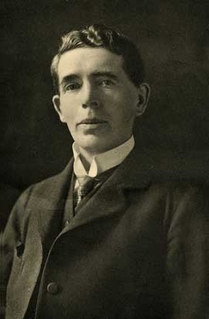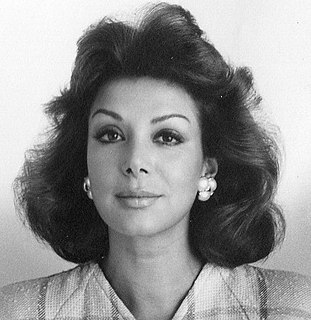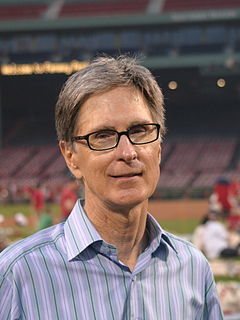A Quote by Henry Adams
History is the most aristocratic of all literary pursuits, because it obliges the historian to be rich as well as educated.
Related Quotes
I may remind you that history is not a branch of literature. The facts of history, like the facts of geology or astronomy, can supply material for literary art; for manifest reasons they lend themselves to artistic representation far more readily than those of the natural sciences; but to clothe the story of human society in a literary dress is no more the part of a historian as a historian, than it is the part of an astronomer as an astronomer to present in an artistic shape the story of the stars.
On a spectrum of literary productions, memoir is just another form. If the person doing the reviewing or critiquing was ill-educated about literary forms, they could write something dunderheaded about the author or their life (I've seen these and barfed at them), but anyone who is well-practiced and educated in literature - why would they leave that at the door when entering memoir?
A well-educated black has a tremendous advantage over a well-educated white in terms of the job market. I think sometimes a black may think they don't have an advantage or this and that. I've said on one occasion, even about myself, if I were starting off today, I would love to be a well-educated black, because I believe they do have an actual advantage.
I have never said that human society ought to be aristocratic, but a great deal more than that. What I have said, and still believe with ever-increasing conviction, is that human society is always, whether it will or no, aristocratic by its very essence, to the extreme that it is a society in the measure that it is aristocratic, and ceases to be such when it ceases to be aristocratic. Of course I am speaking now of society and not of the State.








































